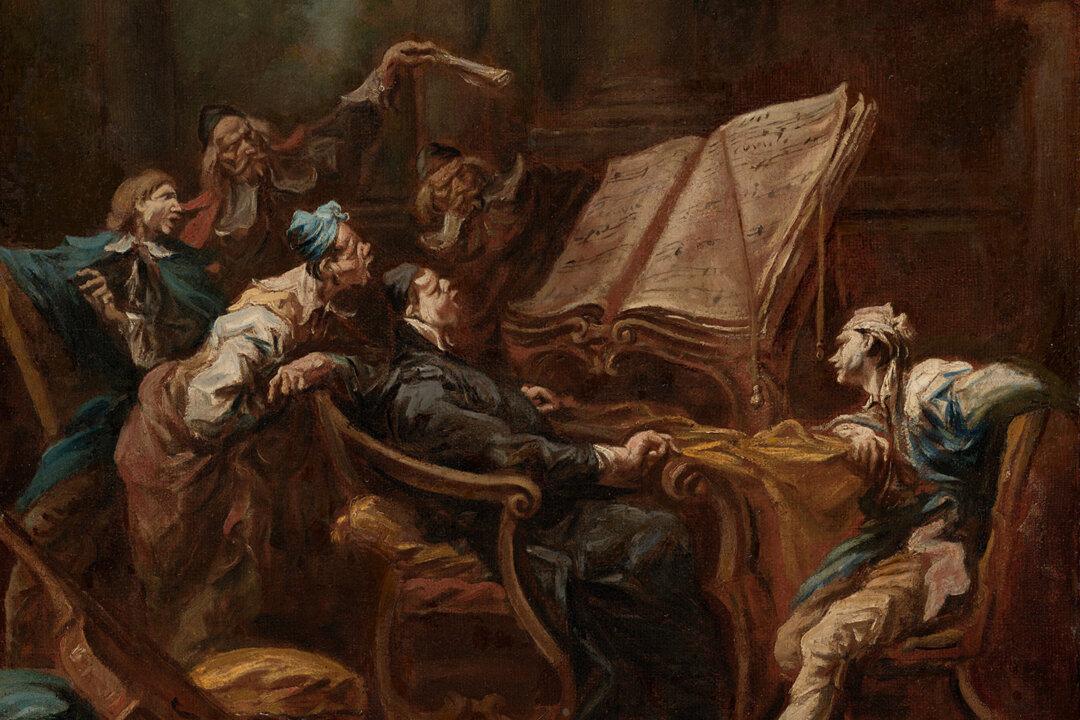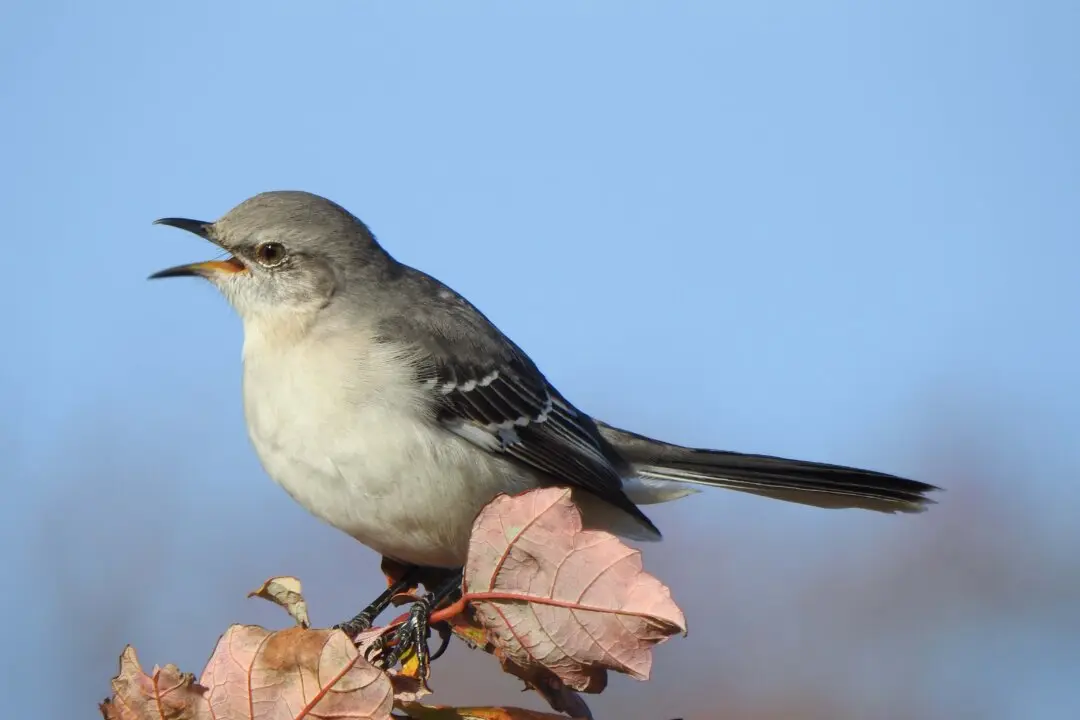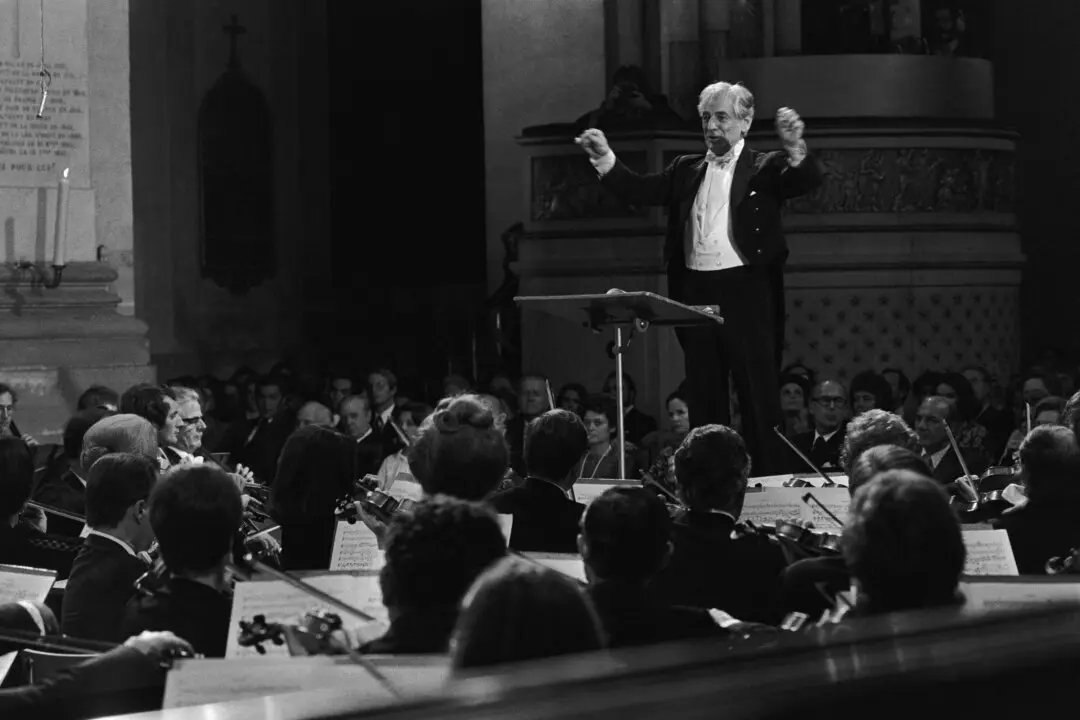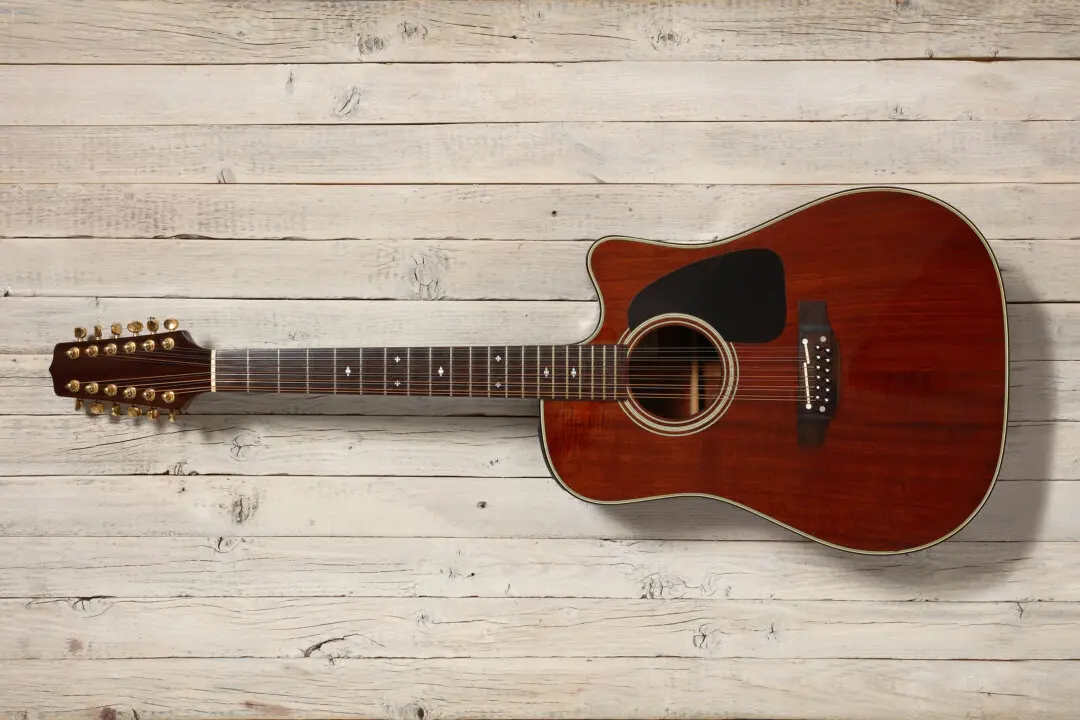Composer William Billings (1746–1800) wrote many of early America’s most treasured hymns. The multitalented artist was a singer, visionary psalmist, and leader among influential figures in colonial times. During his lengthy career, he wrote more than 300 songs.
His comforting words and music would go on to become a vital piece of America’s historic folk music culture.





